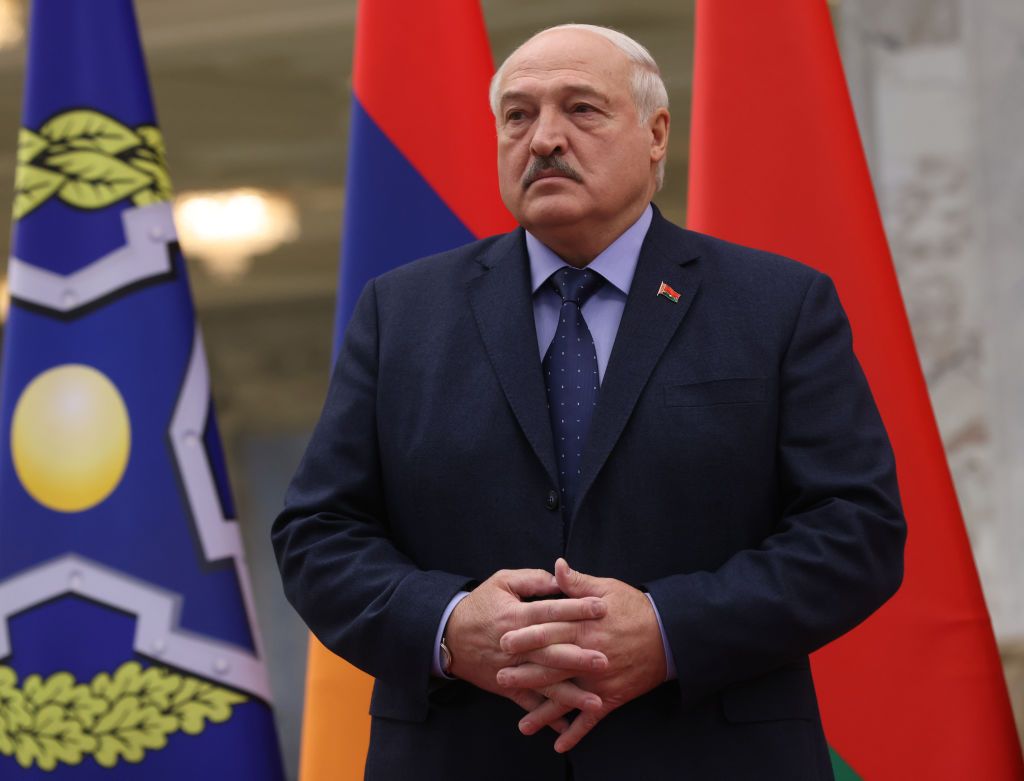Belarusian dictator Alexander Lukashenko is set to visit China ahead of the Jan. 26 presidential elections, as reported by Ukraine’s Center for Countering Disinformation. Due to Lukashenko’s repressive regime and support for Russia’s actions against Ukraine, Belarus has become isolated from the West, leading Lukashenko to seek China as a key ally. The two nations have committed to strengthening security ties and enhancing cooperation in various sectors, such as pharmaceuticals, mechanical engineering, and defense. Lukashenko is likely aiming to reduce Belarus’ dependence on Russia and improve his position in negotiations with Russian President Vladimir Putin, who has exerted pressure on Belarus through economic ties, energy dependency, debt, and military presence. Additionally, Lukashenko may be looking towards China to help facilitate trade routes between Belarus and the EU.
This upcoming trip will be Lukashenko’s third visit to China in three years, as he seeks to secure his position as president for a seventh term. The Belarusian presidential elections are not expected to be free or fair, as demonstrated by the fraudulent election results in 2020 that sparked mass protests. Lukashenko’s regime responded to the protests with a severe crackdown on dissent, showcasing his authoritarian control over the country. In the lead-up to the 2025 elections, Lukashenko has made moves such as pardoning prisoners convicted of extremism, presenting them as gestures of humanity, despite his oppressive governance style.
Lukashenko’s prolonged autocratic rule has positioned him as a dominant figure in Belarusian politics for over three decades. His close ties with Russia have shaped Belarus’ foreign policy and economic landscape, but the growing tensions with Moscow have prompted Lukashenko to seek alternative partnerships, such as with China. By deepening cooperation with Beijing, Lukashenko aims to diversify Belarus’ international relationships and reduce its reliance on Russia. However, his pursuit of Chinese support also underscores the challenges and complexities of navigating geopolitical alliances in the face of external pressures.
The relationship between Lukashenko and Putin has been strained in recent years, with Belarus increasingly seeking to assert its independence from Russia’s influence. China’s involvement in Belarus presents a new dynamic in the region, potentially offering Lukashenko a strategic advantage in his dealings with Moscow. As Lukashenko looks to strengthen Belarus-China ties, he remains under scrutiny from the West for his human rights abuses and undemocratic practices. The upcoming presidential elections in Belarus will likely unfold amidst international criticism and concerns over the legitimacy of the electoral process.
In light of Lukashenko’s visit to China and the upcoming elections, the geopolitical landscape in Eastern Europe continues to evolve, with Belarus at the center of regional tensions and power dynamics. The strategic maneuvers of Lukashenko, as he navigates between Russia and China, underscore the shifting alliances and interests in the region. The outcome of the Belarusian elections and the implications for its relationship with China and Russia will be closely watched by international observers, as the authoritarian regime of Lukashenko continues to face challenges and scrutiny on the global stage.


